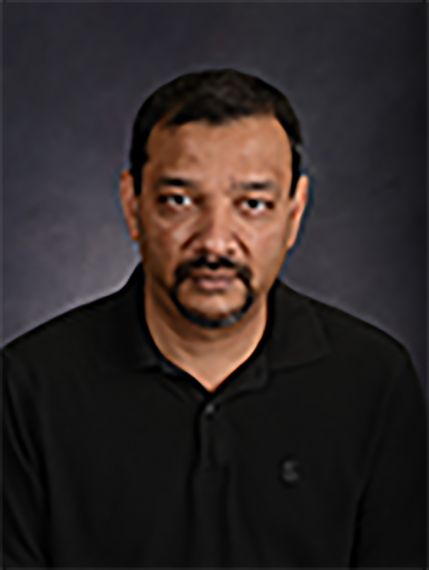Hari Simha

Find Related People by Keyword
Instrumentation
Impact testing, Hopkinson bars, gas guns, drop-towers, stating mechanical testing and optical instrumentation.
Capabilities
High-Performance computing, Solid mechanics, computational methods, artificial intelligence and machine learning for engineering.
Education and Employment Background
Prof. Simha received his PhD in mechanical engineering from the University of Texas at Austin in 1999. Since then, he has held academic research positions at the University of Texas at Austin, University of Dayton, Washington State University, and the University of Waterloo; and worked in the Canadian Nuclear industry, and Natural Resources Canada. He joined the School of Engineering at the University of Guelph in 2017, where he is an Associate Professor.
Research Themes
Prof. Simha uses computational and experimental tools to understand the mechanical behavior of materials. Specifically, he is interested in modeling the mechanical behavior of materials using computational, data-driven, and machine learning methods. His research includes collaborations with University of Waterloo, Canmet Materials, steel companies (STELCO and EVRAZ), Department of National Defense, and National Research Council. Prof. Simha’s current research interests are in the following main areas:
- Novel experiments and models to characterize ductile failure in metals. It is now accepted that ductile failure in metals is governed by the three invariants of the stress tensor. Characterizing failure surfaces in the deviator, lode angle and mean stress space, whilst incorporating methods to estimate the uncertainty challenging. To address this challenge, Prof. Simha and his team have developed a novel multi-failure specimen.
- Machine Learning and Bayesian methods for uncertainty quantification. In quantifying the uncertainty associated with failure modeling, Prof. Simha is developing damage-mechanics-based models for modeling ductile failure and a novel element (to be implemented in Abaqus) for modeling failure.
- Development of design tools for Materials Development. Prof. Simha is developing microstructure development tools for advanced steels. These include both conventional materials science methods and novel ML/AI-based methods.
- Soft Robotics. Soft robotics present significant challenges with regards to control owing to the presence of non linearities. Prof. Simha is collaborating with Prof. Biglarbegian and using machine learning and data-driven methods for the control of soft robots. We are also developing fabrication methods for soft robotics.
Highlights
- Alliance Grant from NSERC with EVRAZ for development of pipeline steel microstructures
- Department of Defense IDEAS project for development of novel optimized cores for blast shields
- Collaboration with National Research Council on impact of drones onto aircrafts and structures
- Natural Sciences and Engineering Research Council of Canada (NSERC) Engage Grant for Realistic microstructural morphology-based Representative Volume Elements for modeling the mechanical response of multi-phase steels, 2018–2019)
- NSERC Discovery Grant for An Experimental and Computational Framework Incorporating Uncertainty for Modeling Ductile Failure of Metals, 2017–2018
- Member of ASTM E8 fracture mechanics group, 2016–present
- Member of the Technical Standards Committee for the Canadian Standards Association, 2012–2018